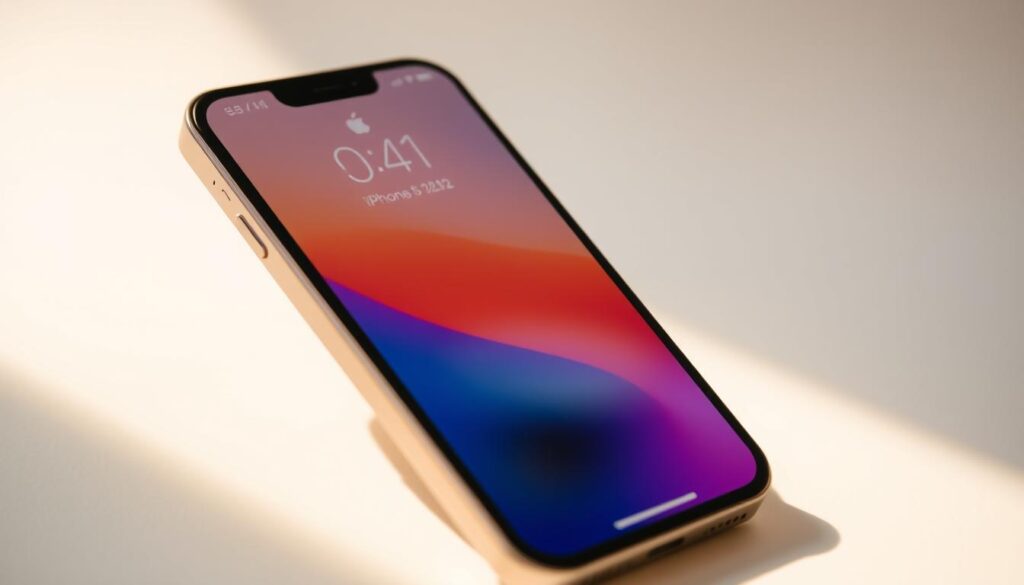Blockchain Technology?

Blockchain is an attractive technology that is focused on the digital world. It is a distributed database that shares data between computers, and it also supports data privacy through its decentralised and separate nature. In other words, we can also say that the blockchain is an advanced technology that stores data in blocks that are linked together in a chain, and this data is secure from others.
For more related information visit Sci-Fi Spectra.
Blockchain Definition:
We can define it as the method of recording information (data), which makes it impossible to hack and change. It also helps to secure the organisation’s data through its decentralised nature. Each block in the chain contains a number of transactions, and every time a new transaction takes place in the blockchain, the blockchain plays a vital role in the cryptocurrency system, such as Bitcoin, in maintaining secure and decentralised records of data.Satoshi Nakamoto is known as the father of blockchain, having introduced it and invented Bitcoin in 2009. Satoshi Nakamoto is the assumed name used by the unknown person or group of people who created bitcoin.
Types of Blockchains:
There are four main types of Blockchain Networks:
- Public Blockchains: As we can understand by their name, a public blockchain means everyone can participate, it’s open to everyone like Bitcoin.
- Private Blockchains: These networks have restrictions on access; not everyone can participate in them.
- Consortium Blockchains: These types of networks are semi-decentralised and allow several organizations to have access.
- Hybrid Blockchains: In this type of blockchain, both public and private elements are included; we can also say that it is a combination of private and public blockchains.
How does blockchain works?

Basically, blockchain technology is a distributed database that always maintains growing lists of records, called blocks, which are linked together as well as secured using cryptography. Let’s understand the details.
1. Transaction data: When a transaction happens, its details are automatically recorded, and it allows users to view all the transaction data that is present on their network. If someone’s computer system is linked to the network, it’s called a node, and they can receive their blockchain copy and easily see the transactions as well as the real-time data.
2. Verification: Transactions are verified by the computers, which are known as nodes. It is a secure way to confirm the originality of credentials using it. The verification process makes sure that the transaction is valid and not fraudulent. It also helps to improve trust, reduce fraud, etc.
3. Hashing: If the transaction is verified, it gives a digital fingerprint of a document or set of data, or you can also say that it gives a unique, cryptographic signature that is called a hash, which makes the block secure as well as impossible to change and hack.
4. Chaining: In very simple words, blocks created by the many chained together and in each block, chain contains many transactions (information) which are linked together and the data is consistent because nobody can delete or change the chain without acceptance from the network.
5. Distribution: Every 10 minutes, the blockchain updates, and it is also decentralised (no one can change data or delete it), which helps to make it more secure and safe; nobody can change or hack it without the network’s acceptance.
6. Immutability: Decentralised blockchain transactions are unchangeable, permanently recorded, and viewable by everyone, which is the best thing about it.
For more related information visit Sci-Fi Spectra.
Benefits of using Blockchain Technology in business.

There are lots of benefits of it in business, like transparency, reducing risk, reducing costs, decentralization, efficiency, improved privacy, trust, being fast, creating smart contacts, raising capital, automation, speed, tokenization, and many more, which help in time management, capital management, risk management, security, etc., and spreading business.
Why is Blockchain important?
The significance of blockchains is important for several reasons: There are some of them listed below.
- Decentralization: Decentralization is the primary and significant concept of blockchains that cannot be altered or hacked by anyone making them safer and sound.
- Efficiency and cost savings: Regarding the above subtopics, a common point evident from blockchains is that they assist in minimizing paperwork and the possibility of making mistakes. while it has also merits of being real time and reliable transactions to assist in customer gains.
- Improve security: Well, the security offered by blockchain networks makes people put their trust in the things that are being executed on that network and very fast transactions attract more people.
Conclusion:
Both parties saw the engaged P2P as one of the most radical means whereby can reach out many sectors of the economy due to the publicly open list of the participants.

Security and Trust:
Intentional, blockchains are distributed and incorporate cryptography; it means they are providing structure containing the basics of trust where interactions and many of processes proceed self-organizing – with no need for reference to governance structures and other similar bodies. This will enable people to have a safer platform for what they would otherwise have held their matters and do it without having to worry about fraudulent activities, hacking, theft, or loss of a lot of information.
Impact on Industries:
These industries which include manufacturing, retailing, transportation, health and property industries are expected to be most innovative and fundamentally metamorphosed by the particular technology the subject of research under this contingency. It has more fundamental work possibilities of d/s that can present more refined operations such as visibility as well as control which it can help cut the status reduced charges on its service.
Empowerment and Democratization:
Blockchain can also be useful to the individual, especially because through it as it puts all things that they have for instance data and their funds in their pocket. It also regulates the democratic governance of technology and may lead to such innovations as personal data markets, smart cities, and a host of other things, which have been topical.
Human Intervention:
At the same time, there cannot be exclusion that supervision is made by human beings because the blockchain works, but this is being done to a minimum. What this entails that notwithstanding the improvement that is captured by the smart contracts concept, no matter how advanced, the role of humans will always be relevant in future innovation and smart contracts in line with the government policies, regulations, experiences in odd occurrences, disparities and issues that are beyond smart contracts.
For more related information visit Sci-Fi Spectra.
Frequently Asked Questions:
Ans. It is used for recording transactions across many computers, blockchain technology is a decentralized digital ledger system. It verifies the transactions recorded secure, transparent and tamper proof. Any block in the blockchain is made up of a list of the transactions and once this block fills up it is added to the chain in synchronization with all the previous blocks.
Ans. Well, blockchain technology is essentially a system that works using a network of computers (or nodes) that are used to verify a transaction and add it to the ledger. Every time a person makes a transaction, it is contained in a block, which is soon appended to the end of the previous block with the help of a cryptographic hash. The system of blockchain is decentralized, ensuring that none of these parties manages the entire blockchain system on its own, making the blockchain system secure and tamper-resistant.
Ans. The main benefits of blockchain technology include increased security, transparency, and immutability. It reduces the risk of fraud, provides transparent transaction history, and ensures data integrity. Additionally, blockchain can improve efficiency by automating and streamlining processes, reducing costs and eliminating the need for intermediaries.
Ans. In cryptocurrencies, blockchain technology is used to securely record and verify transactions. Each transaction is added to a block and then to the blockchain, creating a permanent and immutable record. This decentralized system ensures that cryptocurrencies are secure, transparent, and resistant to fraud.
Some Other Recommendations:


DeepSeek AI: 5 Major Safety Risks Revealed by Anthropic CEO



